Traders Guide to Emotional Management by Brian McAboy
$25.00

Traders Guide to Emotional Management by Brian McAboy

Get Traders Guide to Emotional Management at Salaedu.com
Are you tired of…
- Beating yourself up while you watch the market run, because you got out too early?
- Freezing when you should pull the trigger, then getting in when most of the profits are already gone?
- Wondering if anyone is actually making money trading?
- Kicking yourself for making “stupid” mistakes because of fear or greed?
- Feeling the despair after a string of losses, wondering if you should just give up?
- Knowing what you should do, but failing to stick to your discipline, then regretting it later and wondering what’s wrong?
Do you want to trade better by keeping your emotions on an even keel, and have a very simple way tocomfortably:
- Understand how your emotions are influencing your thoughts, decisions and actions – PLUS what you can DO to affect change
- Get yourself under control in your trading
- Have your emotions HELP you with your trading rather than cause you to lose out
…then when you get this guide, you will have in your hands a very straightforward means to tradewith your emotions. They are part of who you are, so you can either fight them or try to shut them down, OR you can acknowledge them, learn how to work with them and have your emotions be your trusted friend in your trading and have them serve you well.
If You Don’t Understand What’s Causing The Problem, How Are You Ever Going To Fix It?
This guide empowers you on a conscious level to identify, fully understand, and address the subconscious factors that create the emotional conflict in your trading and prevent you from trading at your best.
What Does the Trader’s Guide To Emotional Management Do For You?
This guide takes you right to the root of the problem and shows you specifically why you do what you do when things go wrong and result in lost money. It then gives you appropriate actions to take to prevent or avoid the regrettable mistakes in your trading.
The Trader’s Guide empowers you to:
- Swing the balance of the equation in your favor – and end the “coulda, shoulda woulda’s”
- Give yourself that edge that you’ve been looking for – and see it on your bottom line
- End the regret from ’emotional’ mistakes, and feel much better about yourself and your trading
- Discover how to listen to your emotions, not just get pounded by them – feel some freedom
- Take your current system to the next level – keep the one you’ve got – and profit more
- Have control over yourself when you need it – and feel your confidence soar
- Stop “un-necessarily” giving money to the markets – no more having to make it back
- Enjoy better discipline – be more comfortable sticking with your system, by having a knowing ofwhy you’ve been deviating
- Feel more confident about pulling the trigger when you see a good set up – get those winners
- Be more comfortable with letting your winners run – and be partying instead of pouting
- Most of all, you’ll be able to settle down and enjoy the good trading that you know you’re capable of.
Attention: Owners of The Subtle Trap of Trading
- Now, for those of you who that already have The Subtle Trap of Trading, you may be wondering: “Is this the same thing?” No it is not. As you know, the Subtle Trap begins by explaining the events and circumstances that occurred early in your trading career that created many of the challenges you’re experiencing now, then walks you through the steps to overcome your early beginnings. It then covers numerous aspects of trading including emotions, while The Trader’s Guide expands greatly on your emotional decision-making process and goes much more in-depth into the individual mistakes that traders make, plus covers more of them. They are a very good compliment to each other and both would be excellent additions to your trading library!
Get Traders Guide to Emotional Management by Brian McAboy at Salaedu.com
Forex Trading – Foreign Exchange Course
Want to learn about Forex?
Foreign exchange, or forex, is the conversion of one country’s currency into another.
In a free economy, a country’s currency is valued according to the laws of supply and demand.
In other words, a currency’s value can be pegged to another country’s currency, such as the U.S. dollar, or even to a basket of currencies.
A country’s currency value may also be set by the country’s government.
However, most countries float their currencies freely against those of other countries, which keeps them in constant fluctuation.
More Course: FOREX TRADING
Outstanding Course:Trading System Mastery
1 review for Traders Guide to Emotional Management by Brian McAboy
Add a review Cancel reply
Related products
Forex - Trading & Investment
Forex - Trading & Investment
Mike McMahon – Professional Trader Series DVD Set (Full) (tradingacademy.com)
Forex - Trading & Investment
Forex - Trading & Investment
Forex - Trading & Investment

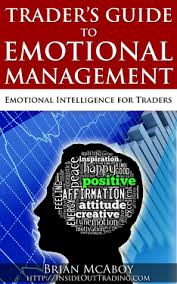
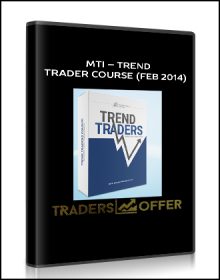

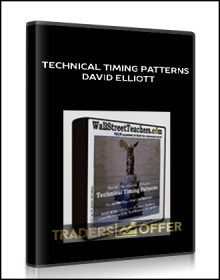


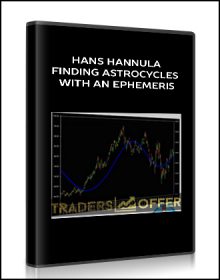
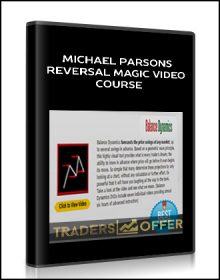

Trevis Trevis –
We create this shop with the mission: Bring the courses to 500 millions of people in the world, to help them awake their power and change their